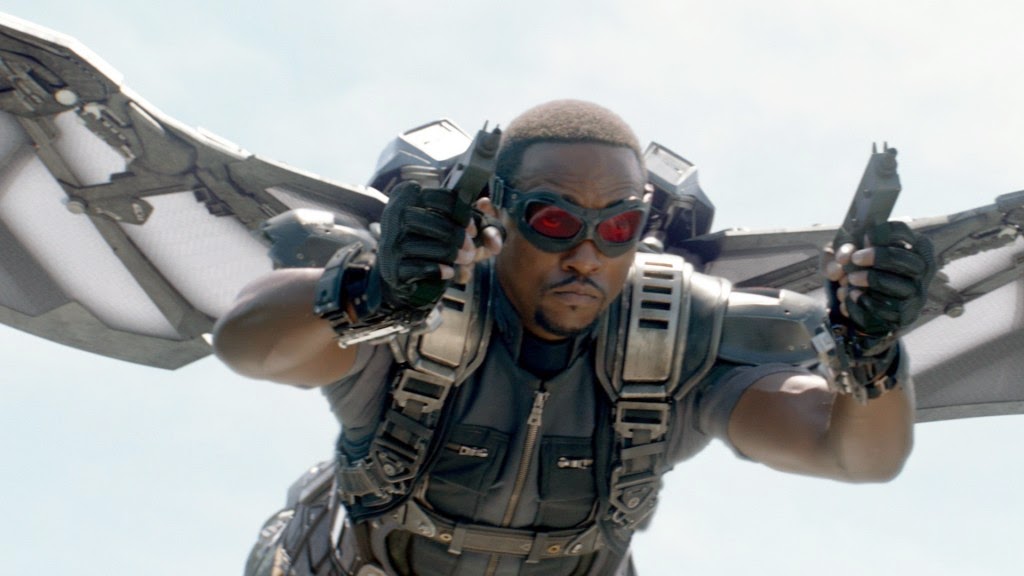I generally think that if you take out a loan you should adhere to the legally enforceable terms of the contact. So if you agree to pay X dollars back per month then you really should pay X dollars back per month. It irritates me when people borrow money from me and find all sorts of creative reasons why they should not pay it back. I think this is true regardless of financial status. Pay what you owe. A deal is a deal. That said, depending on what the loan or service was, the creditor can encounter difficulty getting repayment. The Federal government and to a lesser extent state governments have fewer problems getting money owed from you as they have the power to just TAKE money from your account, seize your assets, tell your employer or bank to stop giving you money and put you in prison. That will get your attention. Utility providers can shutoff service for non payment. Customers notice that. Loan officers operating outside the law can send unpleasant people to your home or workplace to threaten physical harm if they don't immediately receive payment. Getting your shins cracked with a baseball bat or having your hands broken can provide financial clarity. Some other creditors, say lenders on auto loans, don't have the ability to immediately and seamlessly compel payment. They loaned money on a quickly depreciating asset. Many people don't give car loans priority over housing or food costs. The debtor can easily move his car to another state. To repossess the asset, depending on state law, the creditor usually has to go to court to obtain a judgment before hiring some semi-reputable people to retrieve the vehicle. This could all be messy and costly. In some zip codes if someone hears or sees someone breaking into their car, they will shoot first and ask questions later. So what's a creditor to do?
Well imagine if instead of having to go through the hassle of sending out multiple dunning letters, taking people to court and spending money on repo men, a creditor could ensure that the debtor was interested in, even eager to pay the creditor on time and in full each and every month for the life of the loan? How would someone do that you ask? Well the creditor would just install a handy dandy gadget which prevents the auto from running if the creditor has not been paid.
The thermometer showed a 103.5-degree fever, and her 10-year-old’s asthma was flaring up. Mary Bolender, who lives in Las Vegas, needed to get her daughter to an emergency room, but her 2005 Chrysler van would not start. The cause was not a mechanical problem — it was her lender. Ms. Bolender was three days behind on her monthly car payment. Her lender, C.A.G. Acceptance of Mesa, Ariz., remotely activated a device in her car’s dashboard that prevented her car from starting. Before she could get back on the road, she had to pay more than $389, money she did not have that morning in March.
The thermometer showed a 103.5-degree fever, and her 10-year-old’s asthma was flaring up. Mary Bolender, who lives in Las Vegas, needed to get her daughter to an emergency room, but her 2005 Chrysler van would not start. The cause was not a mechanical problem — it was her lender. Ms. Bolender was three days behind on her monthly car payment. Her lender, C.A.G. Acceptance of Mesa, Ariz., remotely activated a device in her car’s dashboard that prevented her car from starting. Before she could get back on the road, she had to pay more than $389, money she did not have that morning in March.
“I felt absolutely helpless,” said Ms. Bolender, a single mother who stopped working to care for her daughter. It was not the only time this happened: Her car was shut down that March, once in April and again in June. This new technology is bringing auto loans — and Wall Street’s version of Big Brother — into the lives of people with credit scores battered by the financial downturn. Auto loans to borrowers considered subprime, those with credit scores at or below 640, have spiked in the last five years. The jump has been driven in large part by the demand among investors for securities backed by the loans, which offer high returns at a time of low interest rates. Roughly 25 percent of all new auto loans made last year were subprime, and the volume of subprime auto loans reached more than $145 billion in the first three months of this year.
Last year, Nevada’s Legislature heard testimony from T. Candice Smith, 31, who said she thought she was going to die when her car suddenly shut down, sending her careening across a three-lane Las Vegas highway. “It was horrifying,” she recalled.
Ms. Smith said that her lender, C.A.G. Acceptance, had remotely activated her ignition interruption device.
“It’s a safety hazard for the driver and for all others on the road,” said her lawyer, Sophia A. Medina, with the Legal Aid Center of Southern Nevada.

































